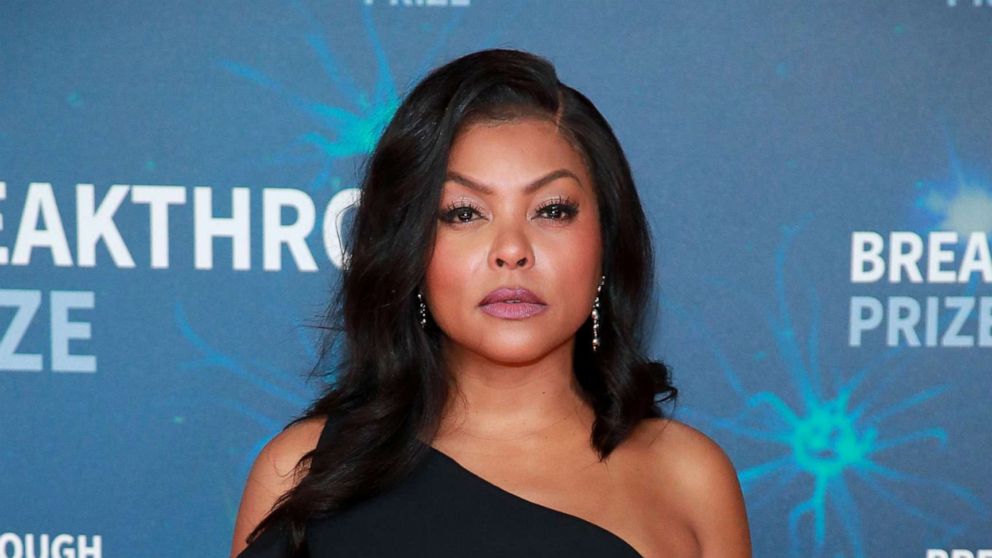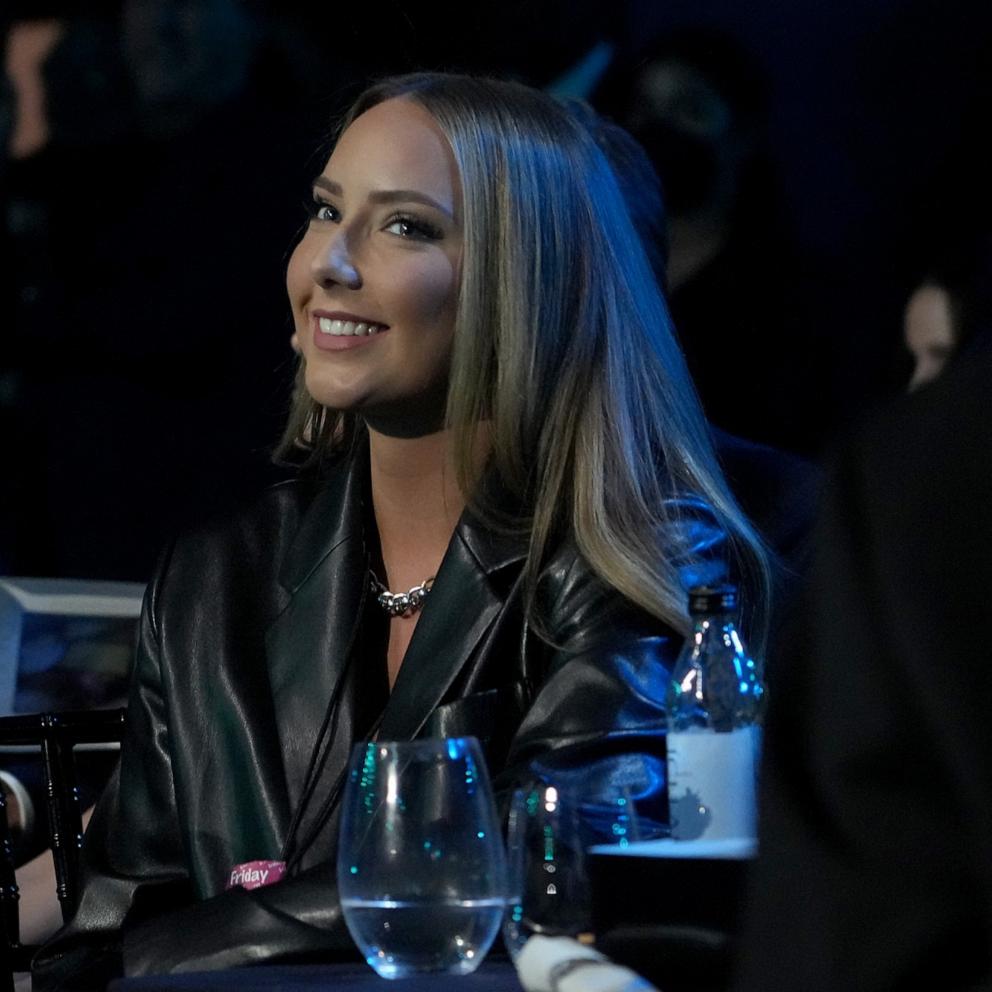Taraji P. Henson opens up about mental health and menopause
She’s played some of the toughest roles on television and film -- like Cookie Lyon on "Empire" and Ali Davis in "What Men Want" -- but off screen, Taraji P. Henson is saying not to let the strong facade fool you.
"Sometimes, the weight is just too much and to put on that facade like you are strong all the time is exactly what it is, a facade; that’s whack," she said in a video for SELF Magazine.
The 49-year-old, who is on the digital cover of the December issue of SELF magazine, opened up about her struggles with mental health and menopause.

In a video for SELF, Henson revealed that she struggles with depression and anxiety, something she realized about two years ago when she would get mood swings.
"I would get so low, really, really low, beaten, like never before," she told SELF. "You may have those days [when] you're like, 'Oh, I just don’t feel like getting out of bed. I just want to sleep in,' but you don’t feel heavy. I was just starting to feel heavy a lot, [like] suffocating. … It just came out of nowhere."
Henson said at first she didn’t realize that some of those mood swings could be related to menopause, but after checking in with her therapist, she learned how to cope and manage those highs and lows.
"[That confirmation] made me feel better, but now I still have to manage it," said Henson. "That just means talking to my therapist when I feel this way, doing things to get me out of the muck."
Mood swings leading up to menopause are actually more common than many might think.
According to the Mayo Clinic, in the months or years leading up to menopause -- the time that marks the end of women’s menstrual cycles -- mood changes are among the many signs and symptoms.
One way to manage those symptoms includes practicing relaxation techniques like deep breathing, getting massages to relax muscles and even guided imagery.
"I talk to myself and I think more people need to talk to themselves because you work things out," said Henson in a SELF video. "People might call it crazy or whatever, I even catch myself doing it in public and I have to stop, but it is just a way to work things out and it’s OK."
Now, Henson is working to help others struggling with mental health issues, especially young children, through her nonprofit launched in 2018. The Boris Lawrence Henson Foundation is named after her father, who was thought to have suffered from bipolar disorder.
"I think my mental health foundation picks up where my art leaves off," said Henson.
The foundation helps schools create "peace corners" or areas on school grounds for students to safely express their feelings. The foundation is also working to place culturally competent therapists in schools, along with databases of therapists anyone can access and hopes to provide scholarships for black students who want to pursue careers in psychotherapy.
Despite the odds and the challenges she’s faced, Henson said she’s grateful for having the support of her fiance by her side.
In May 2018, retired NFL player Kelvin Hayden popped the question to Henson in wine country.
"I’m grateful to God that I found a partner that I can work with, and that’s what I prayed for," said Henson in SELF.







